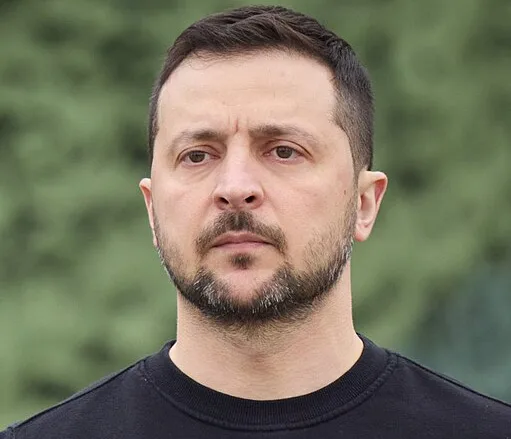Ukraine stands at a crossroads, navigating complex geopolitical turbulence characterized by ongoing military confrontation with Russia and a strategic pivot towards Western alliances. Over recent months, President Volodymyr Zelensky has initiated a series of sweeping changes in Ukraine’s diplomatic corps, exemplified by the dismissal of Ukraine’s ambassador to the United Nations. This move signifies a broader restructuring aimed at realigning Ukraine’s international strategy, especially in its advocacy for NATO membership.
Since Russia’s annexation of Crimea in 2014 and the subsequent conflict in Eastern Ukraine, Kyiv has consistently sought stronger ties with the West. NATO membership has been a central aspiration, symbolizing Ukraine’s strategic goal of securing military and economic integration with Western blocs. However, the path is fraught with challenges, as the alliance remains cautious in its engagements, given the sensitive nature of Ukraine’s position adjacent to Russian territories.
The ongoing drone warfare further complicates this landscape. Just recently, Ukraine has executed a considerable drone strike on a Russian fuel depot, a move highlighting Kyiv’s strategic capabilities and escalation tactics. This development, alongside previous military escalations, underscores the protracted and volatile nature of the Russo-Ukrainian conflict.
Blessed with extensive natural resources and a pivotal geographic location, Ukraine’s supreme challenge lies in balancing its internal reform agenda with pressing geopolitical realities. The reformation of its diplomatic ranks comes amid ongoing internal challenges including corruption, which Ukraine seeks to address to fulfill European Union integration requirements.
Ukraine’s realigned military and diplomatic strategies indicate a nation resiliently positioning itself against larger geopolitical currents. Zelensky’s outspoken advocacy for NATO membership demonstrates a steadfast commitment to solidify Ukraine’s Western trajectory. Nonetheless, the prospect of membership remains contentious within the alliance, as member states weigh political and strategic considerations.
For Ukraine, aligning closely with the West particularly in defense-related aspects, represents not only a strategic priority but also a shield against further territorial encroachments by Moscow. As Ukraine intensifies its diplomatic efforts, particularly among European capitals, these moves are seen as a crucial strategy to solidify support and ensure the nation’s sovereignty and territorial integrity, which remain under existential threat.
Perspectives
Perspective 1: European Union officials and analysts point to Ukraine’s desire for NATO membership as an important aspect of its strategic integration into Western structures. Reports from institutions such as the European Council on Foreign Relations (ECFR) emphasize the importance of reforming Ukraine’s political system and meeting EU standards as preconditions for deeper integration. They highlight ongoing support for Ukraine’s democratic reforms, emphasizing that stability and democratic governance are pivotal for its long-term security and economic prosperity.
Sources:
Perspective 2: Russian media outlets like TASS and RT depict Ukraine’s actions as aggressive maneuvers spurred by Western interference. They criticize NATO’s involvement and accuse the alliance of inflaming regional tensions through its support of Ukraine. Russian commentators argue that Ukraine’s NATO aspirations threaten regional security balance and are strategically misaligned with historical regional power structures. They assert that these dynamics further complicate the potential for bilateral conflict resolution.
Sources:
Perspective 3: From the Ukrainian perspective, as reported in outlets such as The Kyiv Independent and Ukraine’s official channels, membership in NATO represents a safeguard against Russian aggression. Ukrainian leaders and defense analysts argue that the international community must not yield to Russian coercion and that Western military alliances are crucial for Ukraine’s future security landscape. They emphasize ongoing military reforms and operational advancements as part of Ukraine’s strategic alignment with Western defense standards.
Sources:
